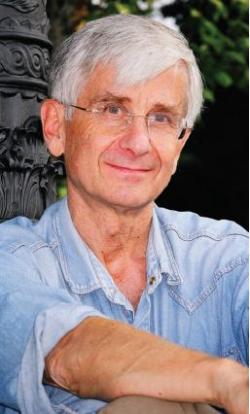FIRST CLICK HERE AND READ OUR OVERVIEW
Originally published in May-June 2004 icon
Dr van der Horst, a radiologist in the Netherlands screening programme presented his findings to the 4th European Breast Cancer Conference in Hamburg in March.
 Mammograms only 67 per cent effective - at
Mammograms only 67 per cent effective - at
best 
He is concerned that changing lifestyle patterns have resulted in more post-menopausal women having breast tissue more akin to that of younger women. He stated that ’this makes it harder for mammograms to pick up tumours or early signs of breast cancer and may lead to unnecessary biopsies because of uncertainties in reading the results’. He was addressing a meeting of screening specialists.
His research took a random sample of 2000 from 54,000 women, who are screened every two years in Holland. The research classified the tissue as dense if more than a quarter of the tissue was dense. Otherwise it was classified as lucent.
The research found that 25 per cent of 50-69 year olds and 17 per cent of 65-69 year olds had dense breasts.
They then looked at cancer rates, comparing total cancers with those detected by the mammograms, i.e. the ability of the mammogram to actually detect a cancer.
»In the lucent group it was 67 per cent
»In the dense group it was 59 per cent
Asked if HRT were a contributing factor, Dr van der Horst said it was unlikely as HRT in Holland has never been over 15 per cent. He noted that women who have given birth have more lucent breasts than those who haven’t.
He also noted that research indicated ultrasound improved accuracy in cancer detection.